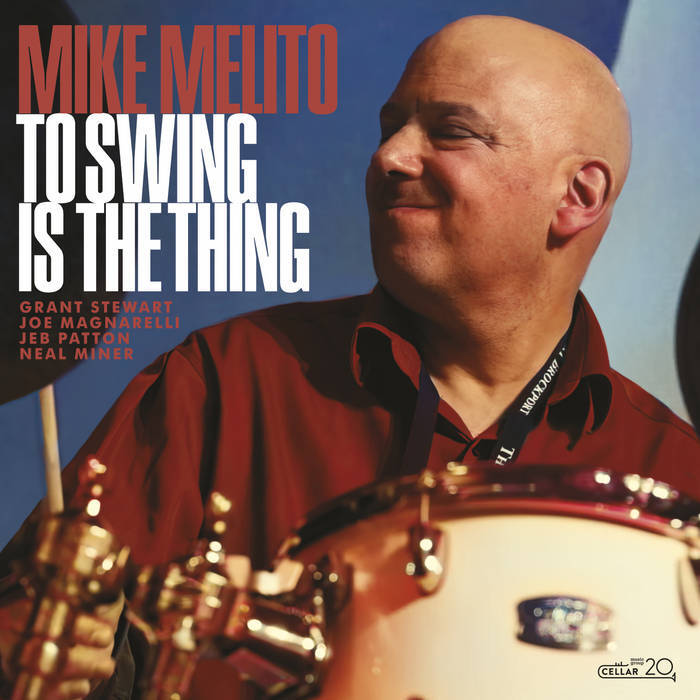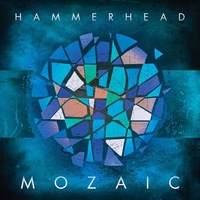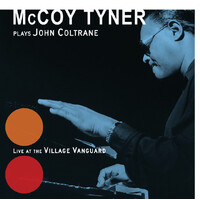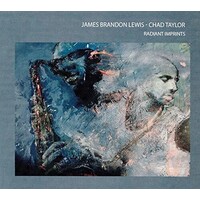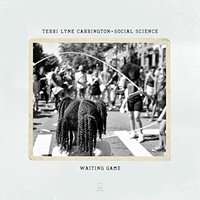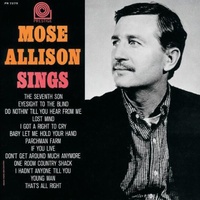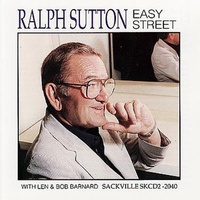Twenty-eight years ago, in March 1994, Mike Melito’s fellow Rochesterian, Chuck Mangione, presented a traveling festival in upstate New York. He hired Roy McCurdy to play with Nat Adderley – with whom McCurdy had played on 7 leaders, plus another 19 with Cannonball Adderley, between 1966 and 1979 – in a band that included pianist Don Menza and Rochester guitar stalwart Bob Sneider. He assigned Melito to the other act, James Moody, in a unit including then up-and-coming pianist Danilo Pérez.
“Roy and I hit it off right away,” Melito says. “I’d obviously been checking him out for years. We played the same set of drums, same cymbals – and I learned a lot about sound. He didn’t talk to me about anything. I watched him, and figured out what he was doing that I wasn’t.
“I believe you’re a student forever. I work a lot on my sound, on my hands, on my cymbal beat. My goal has always been to sound as authentic as possible as a player and strive for
the same sound as my heroes.”
Melito offered this self-assessment after relating an encounter some thirty years ago with iconic drum conceptualist Max Roach, whom he’d studied closely since age 12, when Melito heard the 1947 Charlie Parker-Miles Davis-Roach classic “Dewey Square” on “the first jazz
record I ever bought on my own.” Another Rochester friend, trumpeter John Sneider, had played Roach some tapes featuring Melito, and the maestro noticed. “I met Max and he gave me one of the greatest compliments I’ve ever received,” Melito recounts. “He said, ‘You really know how to phrase; the snare drum...’ – and gave me a big hug.”
The 56-year-old master offers a highly personalized refraction of Roach’s late 1950s investigations of the possibilities of 3/4 waltz time towards the end of his eighth self-released album, To Swing Is The Thing, a title that efficiently encapsulates the imperatives that have
driven him through 40 years as a professional drummer,. The vehicle is tenor saxophonist Grant Stewart’s “Three for Carson,” itself a contrafact of elements culled from “Love Is A Many Splendored Thing,” an important recording by the Max Roach-Clifford Brown Quintet with
Sonny Rollins.
Melito uncorks a thematically unified, dynamic solo on the late drummer Johnny Ellis’ “A Bee Has Two Brains,” which Stewart – who played on Melito’s first record, My Conception– introduced on his own debut album, a 1990 Criss Cross date with trumpeter Joe Magnarelli,
Brad Mehldau, and Melito’s good friends Peter Washington and Kenny Washington.
Toronto-born Syracuse-born Magnarelli, Marylander Jeb Patton, and Manhattanite Neal Miner comprise a cohort of New York-based master practitioners who, as the leader puts it, “share my concept – to refer to a lot of history in their playing, yet have a strong individual identity.” Like Melito, they’ve “developed their own sound through the tradition of the music”
Magnarelli, who plays with creative spirit, virtuosic chops and deep soulfulness throughout the proceedings, contributes a lovely bossa nova, “The Blue Key.” Best known for his long tenure with the Heath Brothers, Patton – who offered a crackling trio treatment of Cedar Walton’s “Bolivia” on Melito’s sparkling 2016 date, New York Connection – again references Walton’s clarity and grace with the trio on Jerome Kern’s “Make Believe.”
For his sixth consecutive Melito album since 2005, Miner brings “Locke Bop,” a brisk contrafact of Irving Berlin’s “The Best Thing For You” dedicated to the late drummer Eddie Locke that concludes with a formidable drum solo.
Let’s also mention how the band bursts out of the blocks with a steaming treatment of Tommy Turrentine’s “You Said It,” which Melito fell in love with after hearing Dexter Gordon’s version on a Blue Note album called Landslide, and then goes for the grease on “Big Red,” a
stentorian Turrentine blues that Brian Lynch introduced on the 2010 album Unsung Heroes.
(875531023459)
| SKU | 875531023459 |
| Barcode # | 875531023459 |
| Brand | Cellar Live |
Be The First To Review This Product!
Help other Birdland Records users shop smarter by writing reviews for products you have purchased.

